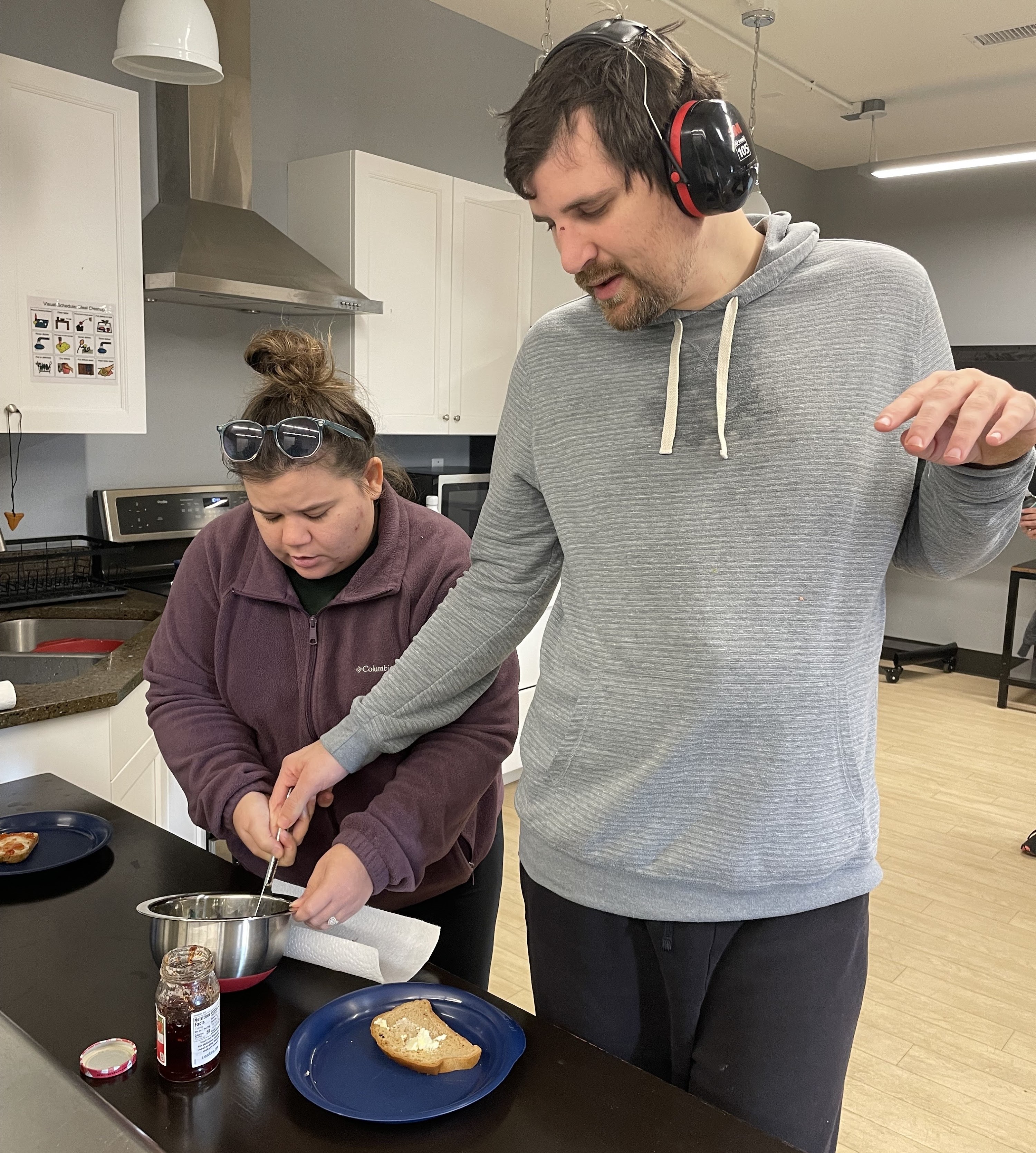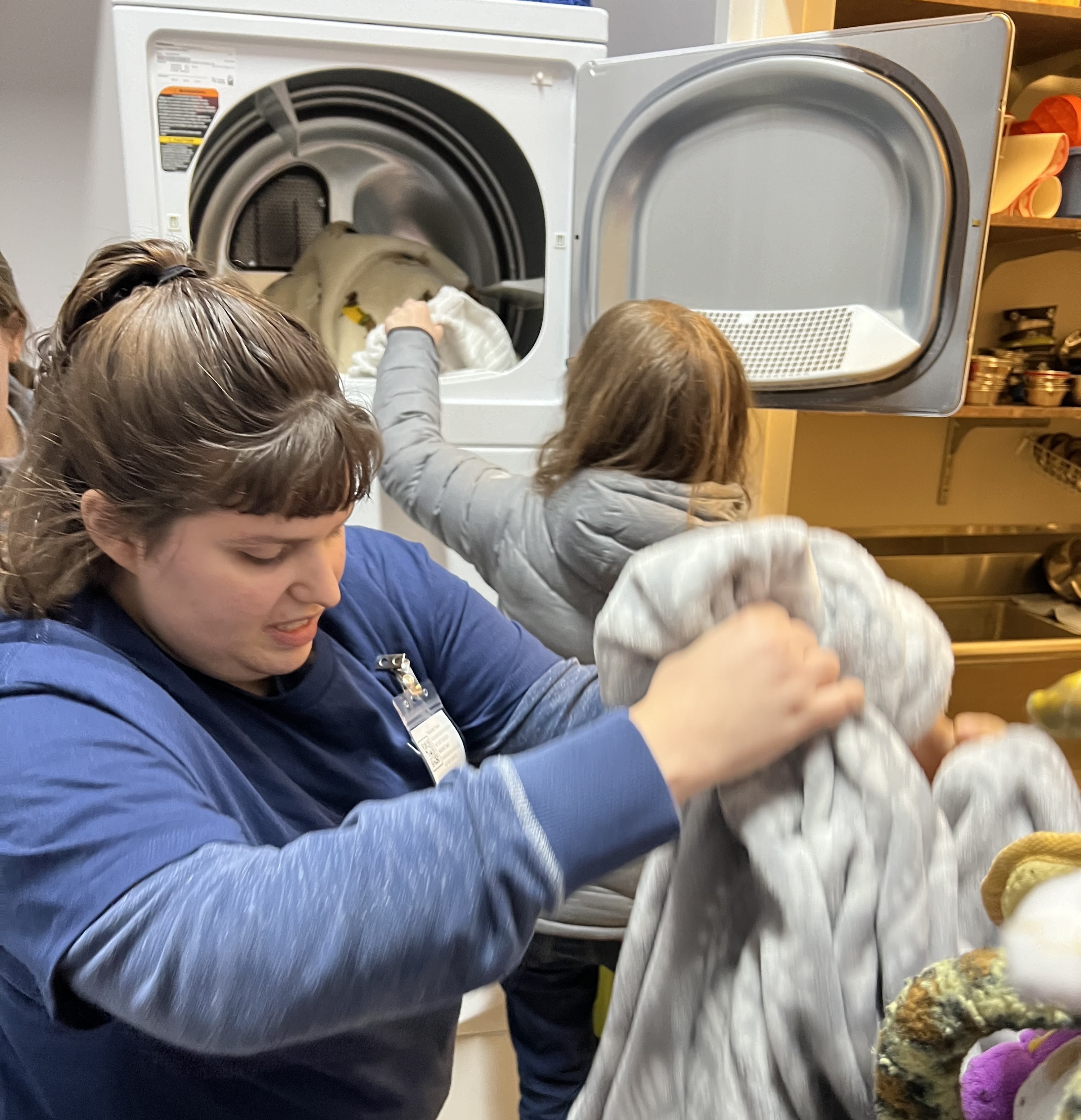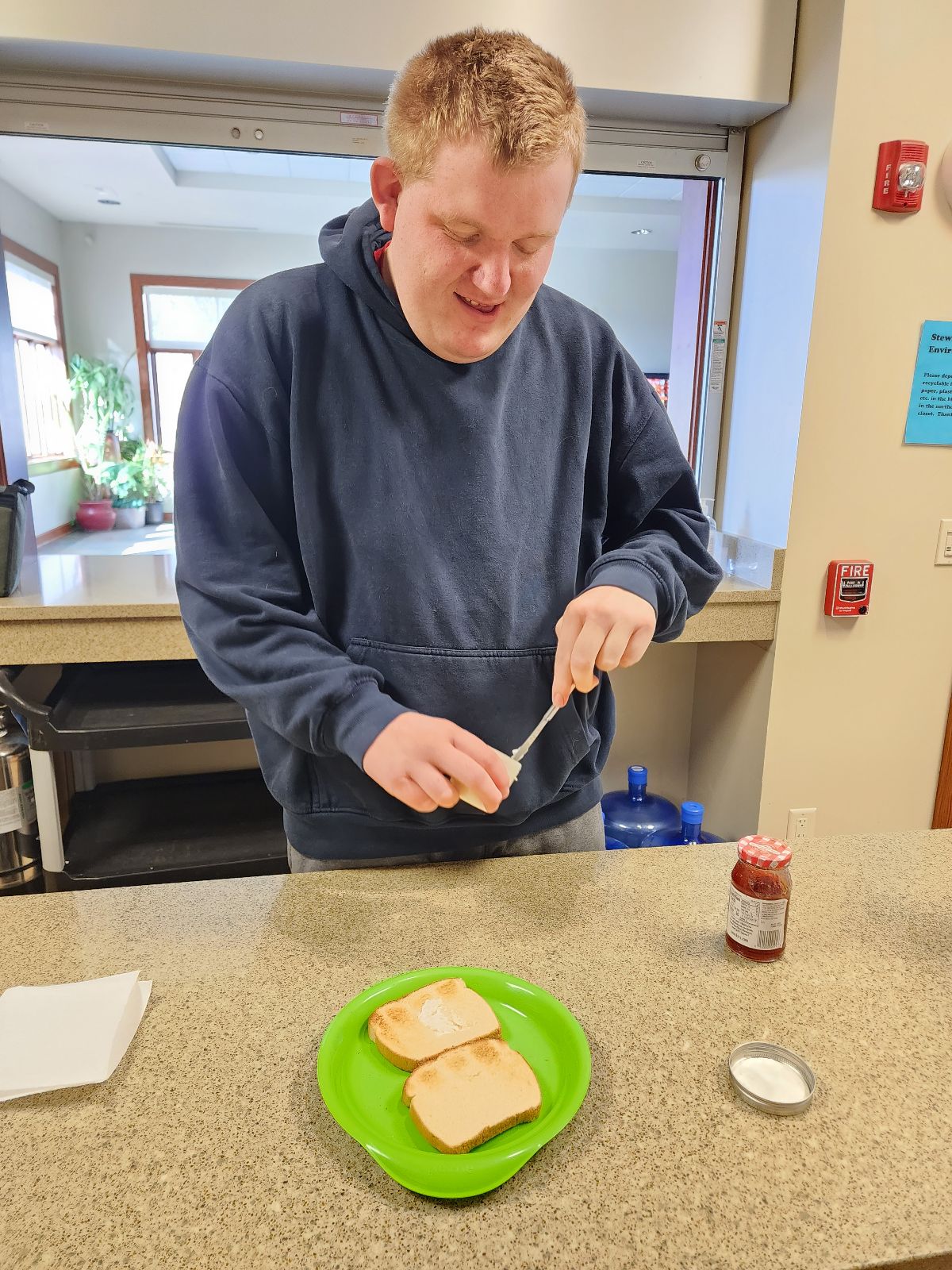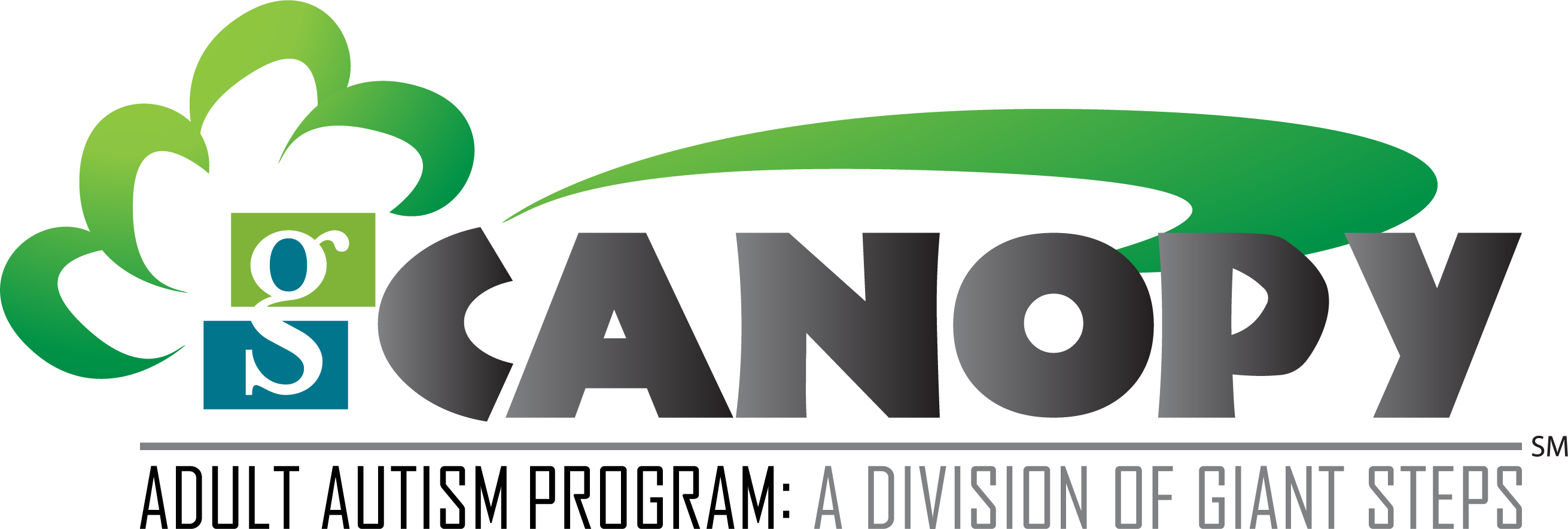Wellness & Life Skills
By developing and honing wellness skills, autistic adults can enhance overall wellness, effectively manage their health, and lead fulfilling lives. Ongoing support, guidance, and access to resources tailored to individual needs are essential for promoting wellness and health within the autistic community.
Wellness & Health:
Wellness & Health: Autistic adults benefit from various skills to support their wellness and health. Some of these include:
- Self-Regulation: Developing strategies to manage sensory sensitivities, emotions, and stress levels promotes emotional well-being and overall health.
- Self-Care: Learning and practicing personal hygiene routines, such as bathing, grooming, and dental care, supports physical health and hygiene.
- Healthy Eating Habits: Acquiring knowledge about nutrition, meal planning, and portion control helps maintain a balanced diet and supports physical health.
- Physical Activity: Regular exercise, such as walking, swimming, or yoga, promotes physical fitness, strength, and overall well-being.
- Sleep Hygiene: Establishing a consistent sleep schedule, creating a relaxing bedtime routine, and creating a comfortable sleep environment promotes restful sleep and supports overall health.
- Stress Management: Learning stress-reduction techniques, such as deep breathing, mindfulness, or relaxation exercises, helps manage stress and promotes mental well-being.
- Social Support: Cultivating supportive relationships with friends, family members, or support groups provides emotional support, reduces feelings of isolation, and promotes mental health.
- Health Literacy: Understanding basic health information, such as how to access healthcare services, advocate for medical needs, and manage chronic conditions, promotes self-advocacy and empowers individuals to take control of their health.
- Routine Healthcare: Establishing regular medical check-ups, vaccinations, and screenings, as well as seeking timely medical attention when needed, supports preventive care and early intervention.
- Mindfulness and Self-Awareness: Practicing mindfulness techniques and increasing self-awareness of thoughts, feelings, and bodily sensations promote emotional resilience, self-compassion, and overall well-being.



Personal Life Skills:
Acquiring and practicing personal life skills empowers autistic adults to enhance their independence, confidence, and overall quality of life in diverse community settings. Ongoing support, guidance, and opportunities for skill development are essential for fostering success in these areas, enabling individuals to navigate and thrive in their communities with greater ease and fulfillment.
- Household Maintenance: Learning to perform household chores, such as cleaning, laundry, and basic repairs, fosters independence in maintaining a living space.
- Money Management: Learning basic financial skills, such as budgeting, banking, and handling money transactions, helps individuals manage their finances independently.
- Shopping: Developing skills for grocery shopping, comparing prices, making purchases, and managing shopping lists promotes independence in daily life.
- Meal Preparation: Mastering basic cooking skills, meal planning, and nutrition knowledge enables individuals to independently prepare healthy and balanced meals.
- Time Management: Learning to prioritize tasks, manage workload efficiently, and meet deadlines enhances productivity and performance in various job settings.
- Lifelong Learning: Cultivating a mindset of continuous learning and professional development enables individuals to adapt to evolving job requirements, acquire new skills, and pursue career growth opportunities throughout their careers.
 Donate
Donate 
